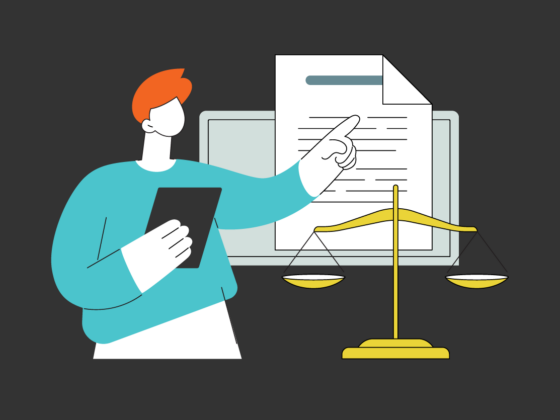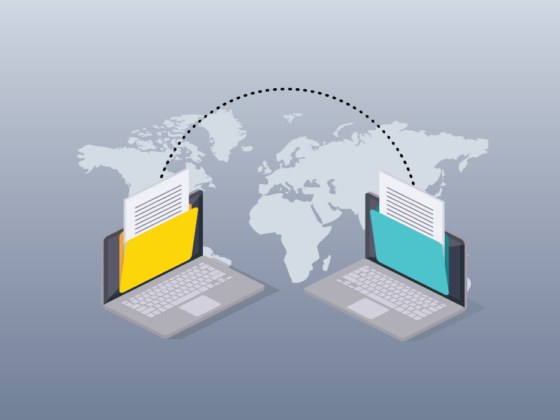For lawyers, there is a decided focus on the past. Precedent is the godhead.
Show a lawyer technology that helps them better present their argument (PowerPoint, tablets, laser pointers), and they want it. NOW. Introduce telephony that improves the speed of lawyer-client communication (Blackberry, iPhone), and they will embrace it wholly.
The legal industry has adopted software in total over the past decade. It’s amazing, really. Almost every practice now runs its communications, accounting, document management, travel, purchasing, and legal research activities using a computer.
Does law have a tech problem?
Lawyers today are entirely mobile, with access to email, documents and research from wherever they are in the world. Lawyers review briefs using iPads and use video conferencing to take depositions and confer with clients. And the team with the better discovery software wins in civil litigation.
In a recent post, I argued that legal tech companies don’t need more lawyers on staff to be successful, but did agree that as an industry, “law does have a tech problem” as suggested by Lawyerist.
So, what’s the problem?
A lawyer and a technologist walk into a bar…
Lawyers and technologists come at things from opposite directions. For lawyers, there is a decided focus on the past. Precedent is the godhead. There’s a previous, detailed record that categorically outlines what they can and can’t do. It isn’t just a blueprint. It’s a centuries-old stone structure akin to the great wall of China.
In contrast, technologists (especially modern ones) are looking forward. They’re focused on changing, retooling, tearing down and rebuilding. Technologists want to do anything but what preceded them. They believe that innovation and improvement can only come by blowing up the status quo.
So what happens when the two meet?
Well, lawyers are incredibly discerning adopters of new technology. The technologist needs to provide something of true value to compels lawyers to deviate from their past processes. That said, I have always found that lawyers will enthusiastically embrace technology when it makes them better at their jobs.
The software code of law
“Code” is an interesting word. It resonates in both the law and in the computing world. Code is an instruction, it defines a rule. Codes by nature are complex, they must be definitive and proscribed.
Developing software (or code) for any industry is a complex technical task, but in the legal field it is uniquely challenging. The difficulty lies in the non-standardization of legal processes. There are multiple layers of rule-making at the federal, state, county, and municipal levels. Every case is different, and every jurisdiction is different.
In 2005, Nextpoint’s initial coding challenges centered around the normalization of nearly infinite data types in evidence management. I would argue that it’s a challenge better met with sophisticated engineering (code) than without it. But, it means you need a hell of a lot of computer code to account for atypical being the standard.
What Lawyerist calls “an unnecessary glut or a glorious smorgasbord of case management software” is simply the result of startups choosing to tackle specific areas of legal with the most normalized data structures.
Areas of the law with more structured data are an easier target. Case law is a perfect example . It went electronic many years ago, because it’s a defined set of data that is structured in a very specific way. What Lawyerist calls “an unnecessary glut or a glorious smorgasbord of case management software” is simply the result of startups choosing to tackle specific areas of legal with the most normalized data structures.
What’s next in legal tech?
Technology developers must listen closely to their users. The proliferation of cloud computing and software-as-a-service (SaaS) in legal means new features and functionality can be rolled out at an unprecedented pace. But that also means that bad tech can be sped to market just as easily as good tech.
The technology companies who understand how lawyers really work, and build technology that improves their practice (through efficient task automation or cost control) will thrive. This is Darwinism at work.
As for modern lawyers, they must acknowledge that their profession is evolving. An understanding of how to use legal technology will be a decided advantage in the market. A world of more tech-savvy lawyers will also spur the developers to build more sophisticated legal tools.
Every business competes via software and technology . It’s not a controversial idea. It’s just time to recognize that this concept also applies to legal.






